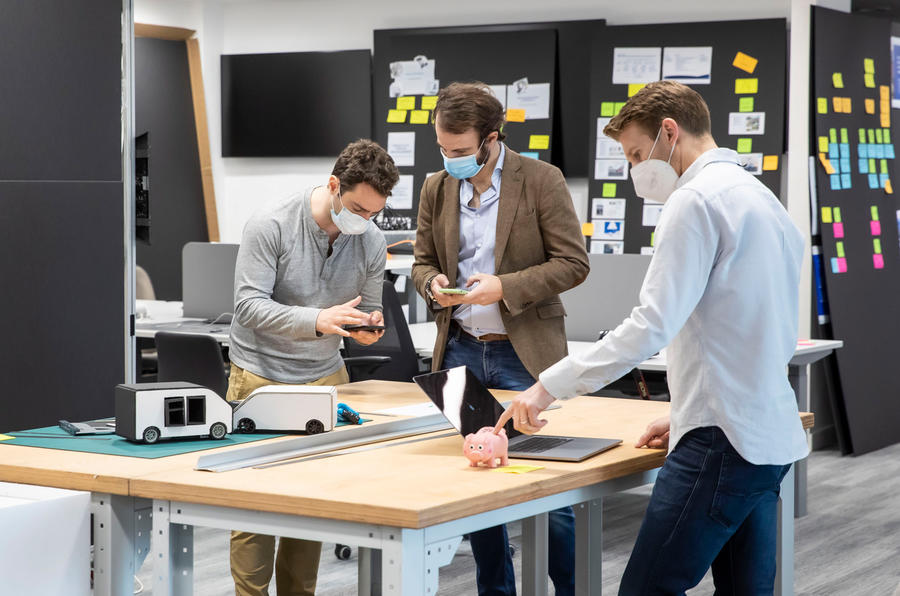Probably the closest thing you can make to a battery cell in the UK at the moment is a KitKat.”
It’s an eye-widening comparison from Steve Doyle, CEO of Evera Recruitment, and it illustrates the extent to which the automotive industry is being shaken up: if a car maker wants to attract the best talent in its push towards electrification, it needs to look at food processing engineers.
In its constituent parts, the analogy starts to make sense. “I broke the production line down into pieces and looked at the lithium powder mixing section,” explains Doyle. “And I realised that’s very similar to what Nestlé is doing with its KitKat line. Then I looked at the coating section, which is really similar to something that’s going on in the printing industry, the way that they use slot dye to put the pastes on foils. And then in the electrolyte-filling section of the production line, I found a company that was putting soya sauce into sachets for sushi restaurants. Look for near-neighbour skills.”
To receive the latest industry news, please click here to sign up to the Autocar Business newsletter
What it illustrates are the challenges facing OEMs in the age of the digital transformation. Not only do they have to contend with rapidly changing market requirements but they also face considerable uphill battles to recruit – and retain – the best brains. As Astrid Fontaine, Bentley’s member of the board of management for people, digitalisation and IT, points out: “There are skills that can cross the border of any kind of company – skills regarding data analytics, app development, software development.”
Doyle has been tasked by Lotus and others to widen their talent pool as the big, traditional OEMs – the ‘legacy’ manufacturers – look to expand in the world of electrification. Recruitment is going through huge changes, something Doyle has been conscious of for a while. “What’s coming in the future is more relevant than ever,” he says. “I’ve been trying to shout from the rooftops for a long time, but we’re walking into a skills shortage.”
And no wonder, when you look at how companies are expanding. Lotus Engineering will move to a new advanced technology centre in Wellesbourne, in partnership with the nearby University of Warwick, while McLaren has built a £50 million composites facility in Sheffield and Rimac has created 30 new roles (with more likely to come) in Warwick at its R&D facility. Meanwhile, Britishvolt is hoping to build a £2.6 billion battery factory in the north-east of England. And that’s to name just a few. Great news for UK plc, and it comes with considerable implications for current and future graduates.













Join the debate
Add your comment
Nice Car with health care and safety features. Dont use Weed and Drugs in car its harmful for health.
if you want to buy drugs for your health and boost up your body building then visit our website
IR35 is a calamity and has been poorly interpreted by almost all OEMs. The lack of flexible employment prevents transient staffing, which given 36 month programme cycles is a key factor in preventing those of us who can, from accepting D&D hourly rates that were uncomprtitive 20 years ago. More money to be made on the tools than in the DO.